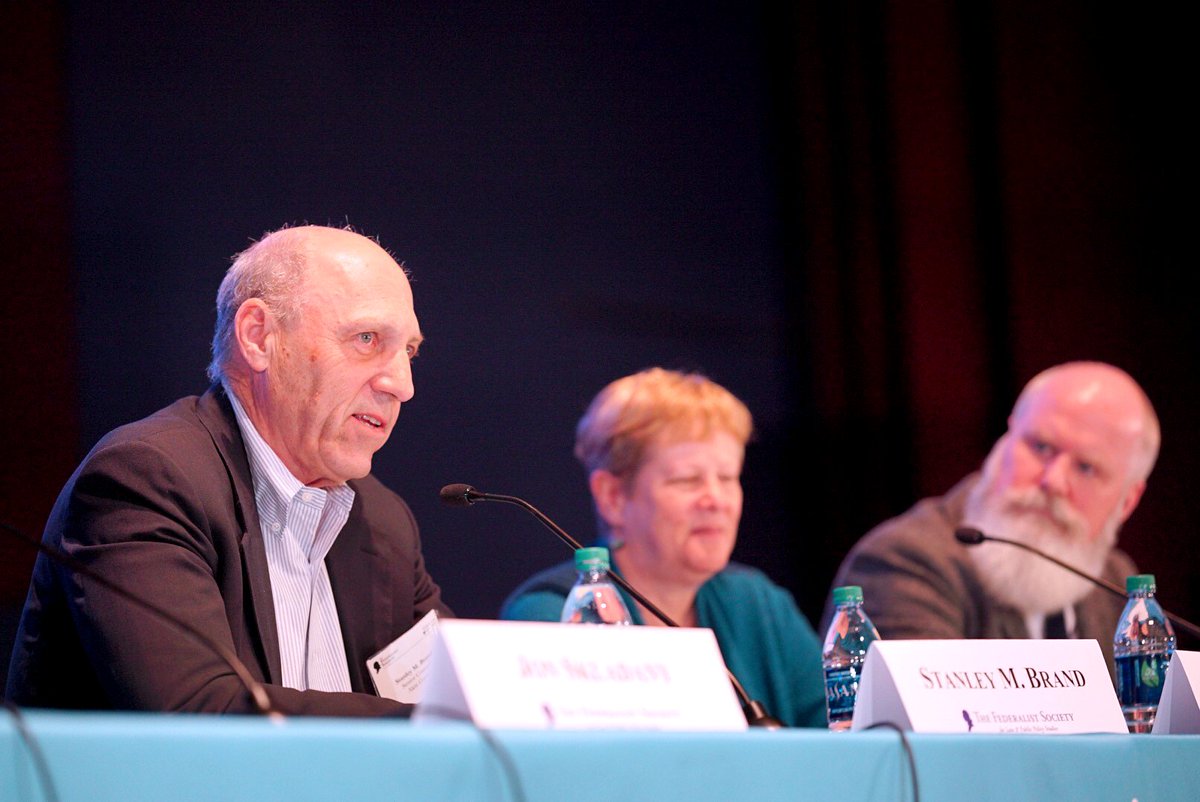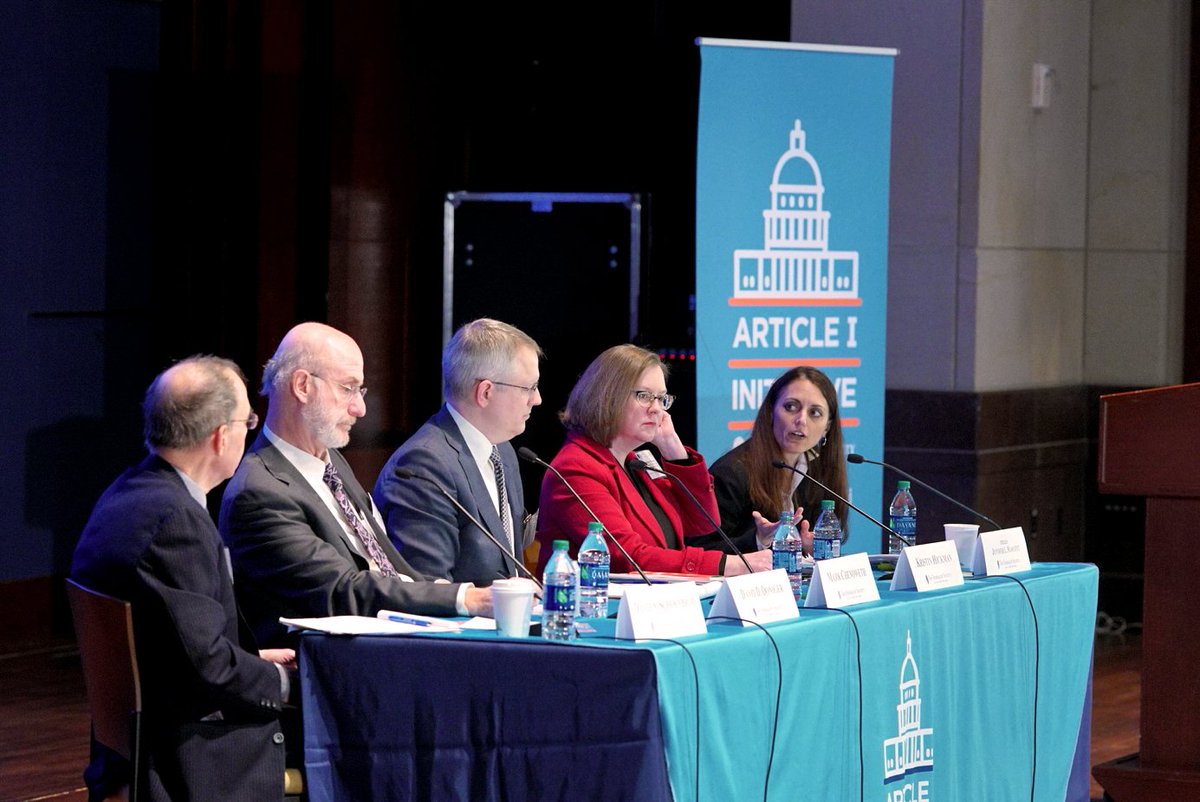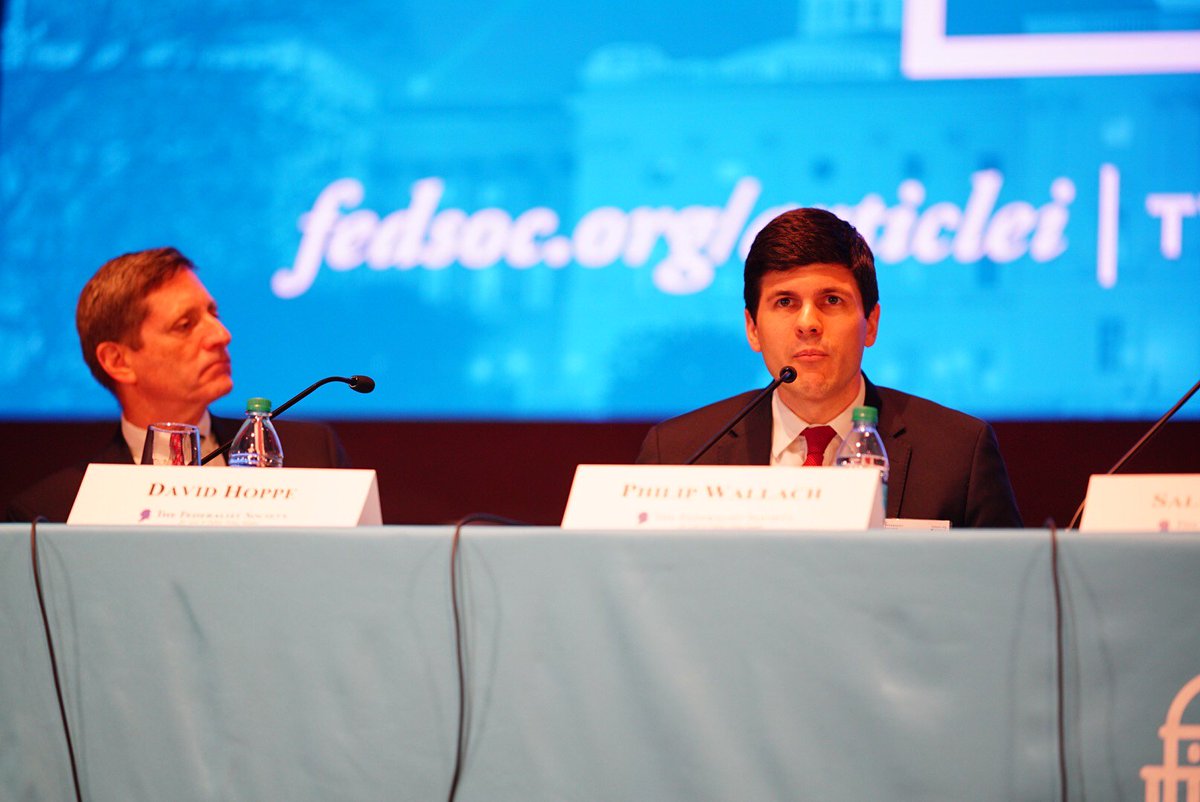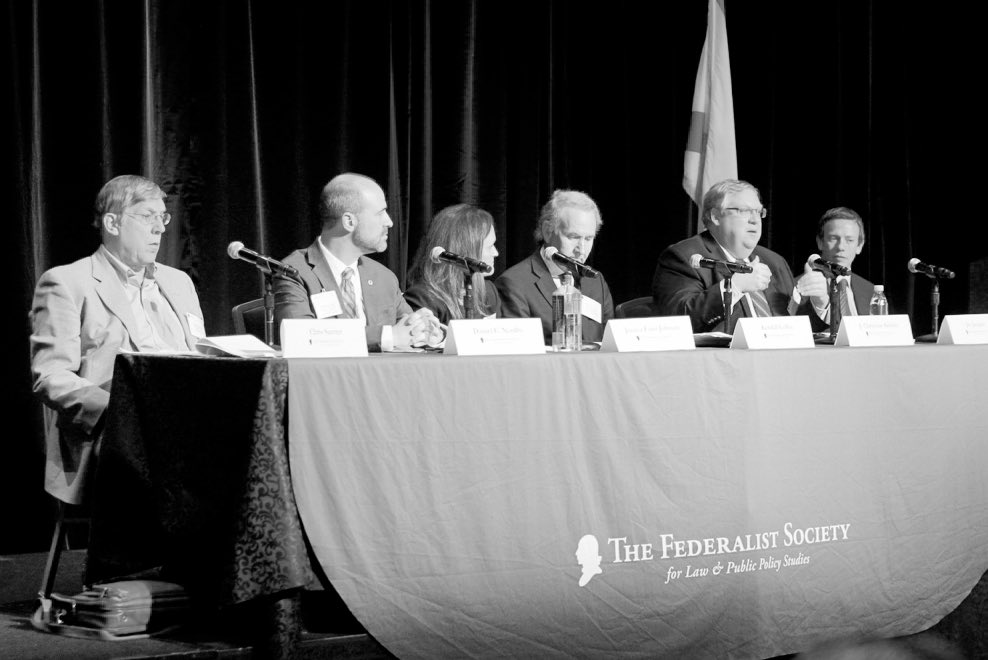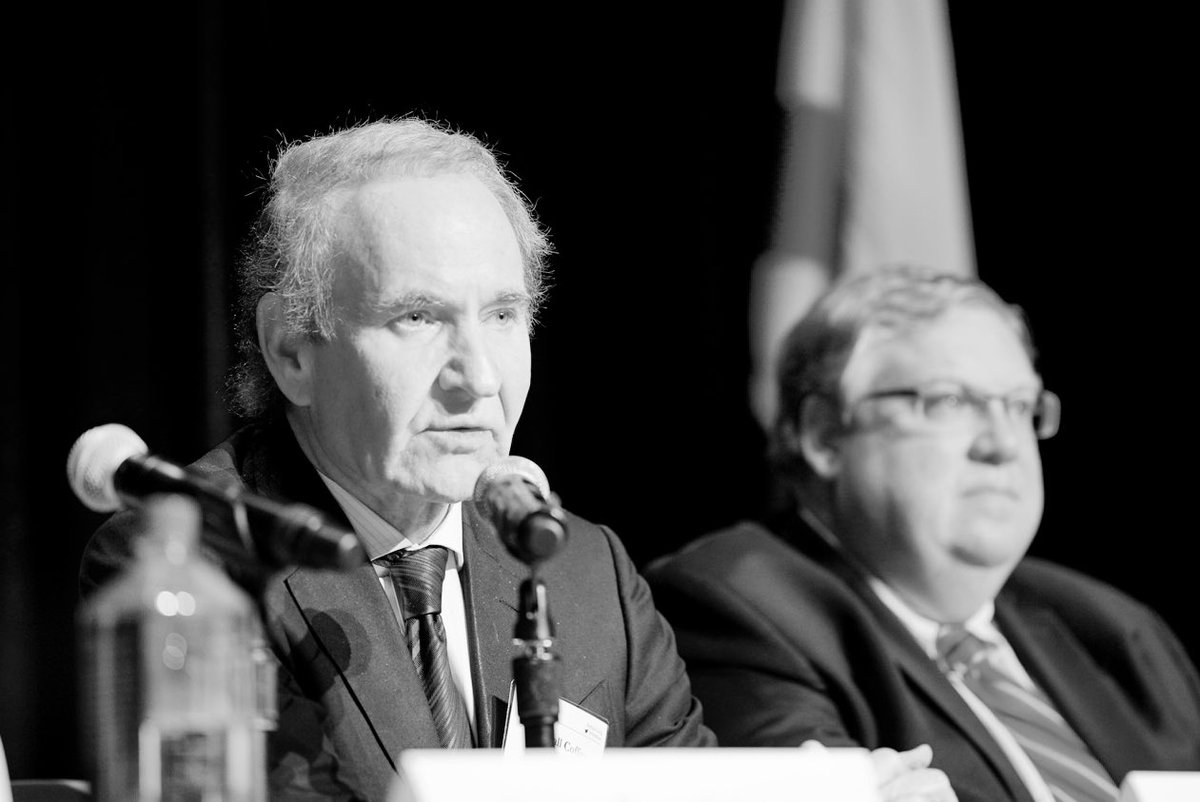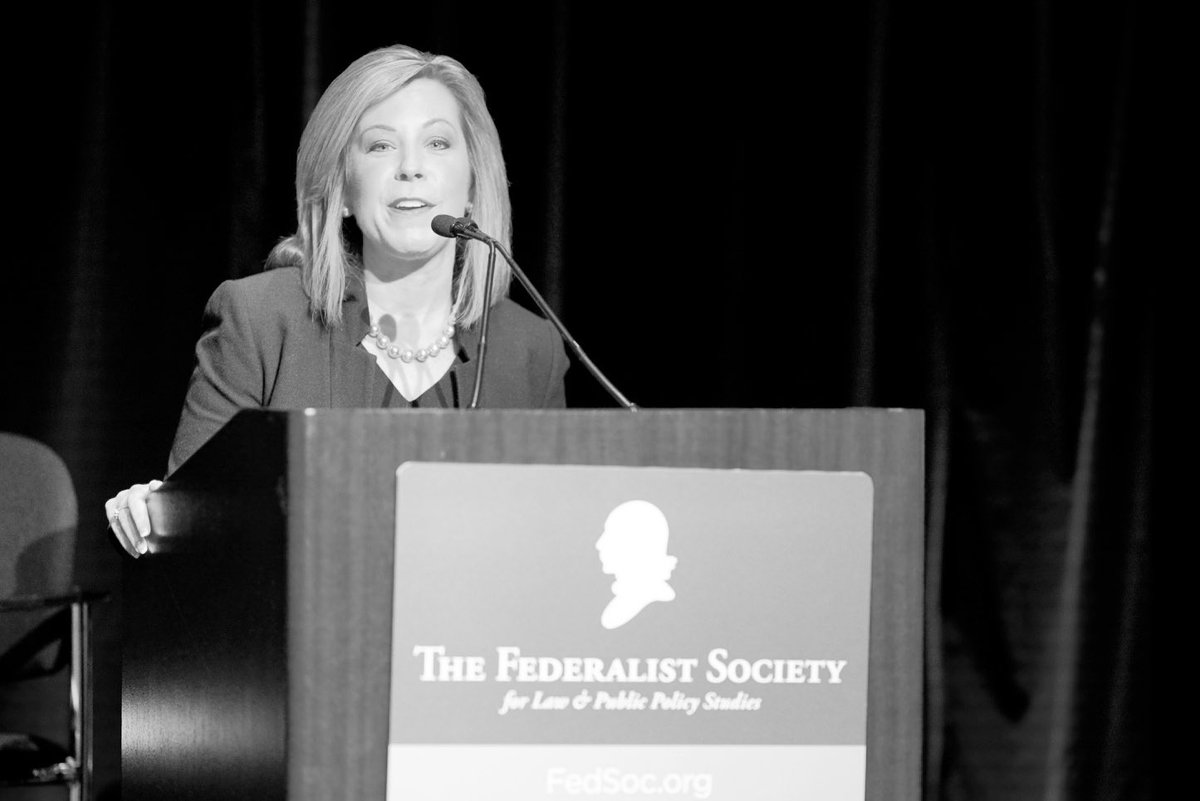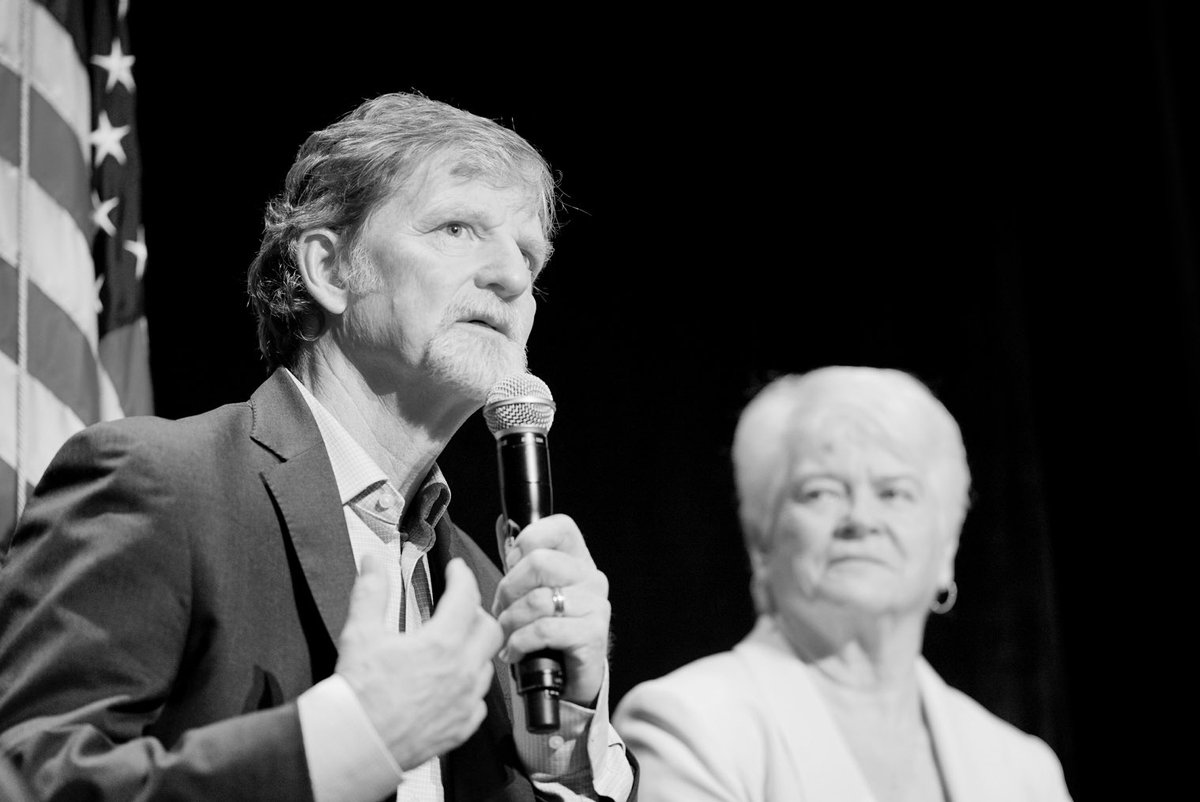A group of 14 state attorneys general have sued @Elonmusk and @Doge, alleging that President Trump’s delegation of power to Musk to halt payments and dismiss employees violates the Appointments Clause. The Appointments Clause also features in other lawsuits against the new administration.
Does the Appointments Clause prohibit President Trump from delegating this authority to Musk? And how does the Appointments Clause work with Article II’s vesting of the executive power in the President? See more expert legal commentary and analysis below 👇
Does the Appointments Clause prohibit President Trump from delegating this authority to Musk? And how does the Appointments Clause work with Article II’s vesting of the executive power in the President? See more expert legal commentary and analysis below 👇
President Trump created the Department of Government Efficiency in the Executive Office of the President by renaming the U.S. Digital Service.
In addition to providing that a U.S. DOGE Service Administrator should report to the White House Chief of Staff, his order also established that each agency should establish a “DOGE Team of at least four employees.”
Read the EO:
whitehouse.gov/presidential-a…
In addition to providing that a U.S. DOGE Service Administrator should report to the White House Chief of Staff, his order also established that each agency should establish a “DOGE Team of at least four employees.”
Read the EO:
whitehouse.gov/presidential-a…
Immediately after President Trump’s inauguration, several public interest groups attempted to sue DOGE under the Federal Advisory Committee Act, but their case became irrelevant after Trump established DOGE in the Executive Office of the President.
reason.com/volokh/2025/01…
reason.com/volokh/2025/01…
Last week, 14 state attorneys general filed a lawsuit against DOGE, claiming Elon Musk is an “Officer of the United States,” and that his actions violate Article II without a valid appointment with the advice and consent of the Senate. They also claimed Musk occupies a role that was not created by Congress, and therefore that he lacks authority to act like an officer.
In their complaint, the states say Musk is acting as a “designated agent of chaos without limitation and in violation of the separation of powers.”
Read the lawsuit: ag.state.mn.us/Office/Communi…
x.com/AGEllison/stat…
In their complaint, the states say Musk is acting as a “designated agent of chaos without limitation and in violation of the separation of powers.”
Read the lawsuit: ag.state.mn.us/Office/Communi…
x.com/AGEllison/stat…
The Supreme Court has had several cases in recent years that deal with the Appointments Clause, but these are related to removal restrictions rather than White House organization.
For instance, in United States v. Arthrex, the Court said that “Officers of the United States,” within the meaning of the Appointments Clause, are people who exercise significant authority pursuant to the laws of the United States, unlike lesser functionaries such as employees or contractors.”
Learn more:
fedsoc.org/case/united-st…
For instance, in United States v. Arthrex, the Court said that “Officers of the United States,” within the meaning of the Appointments Clause, are people who exercise significant authority pursuant to the laws of the United States, unlike lesser functionaries such as employees or contractors.”
Learn more:
fedsoc.org/case/united-st…
In Lucia v. Securities and Exchange Commission, the Court said that an officer must have a “continuing” position and “exercis[e] significant authority pursuant to the laws of the United States.”
Learn more:
fedsoc.org/case/lucia-v-s…
Learn more:
fedsoc.org/case/lucia-v-s…
Most recent Appointments Clause cases have centered around the removability of administrative law judges or other officials in agencies like the @SEC, @NLRB, and the Consumer Financial Protection Bureau.
Read our full thread on the President’s power to remove officers:
Read our full thread on the President’s power to remove officers:
https://x.com/FedSoc/status/1889446084310868183
While no formal legal response has been filed against the states’ Appointments Clause challenge, some of DOGE’s recent X posts suggest that the organization views itself as working in an advisory capacity with the cooperation of agency heads as outlined in President Trump’s executive order.
For example, some of the organization’s posts tout partnership with agencies like the @DeptofDefense and the @usedgov.
x.com/DOGE/status/18…
For example, some of the organization’s posts tout partnership with agencies like the @DeptofDefense and the @usedgov.
x.com/DOGE/status/18…
Yesterday, a White House official released a three-page document, announcing that Musk’s title is actually “senior adviser to the president,” and not the official administrator of DOGE.
Read more from @politico:
politico.com/news/2025/02/1…
Read more from @politico:
politico.com/news/2025/02/1…
• • •
Missing some Tweet in this thread? You can try to
force a refresh




